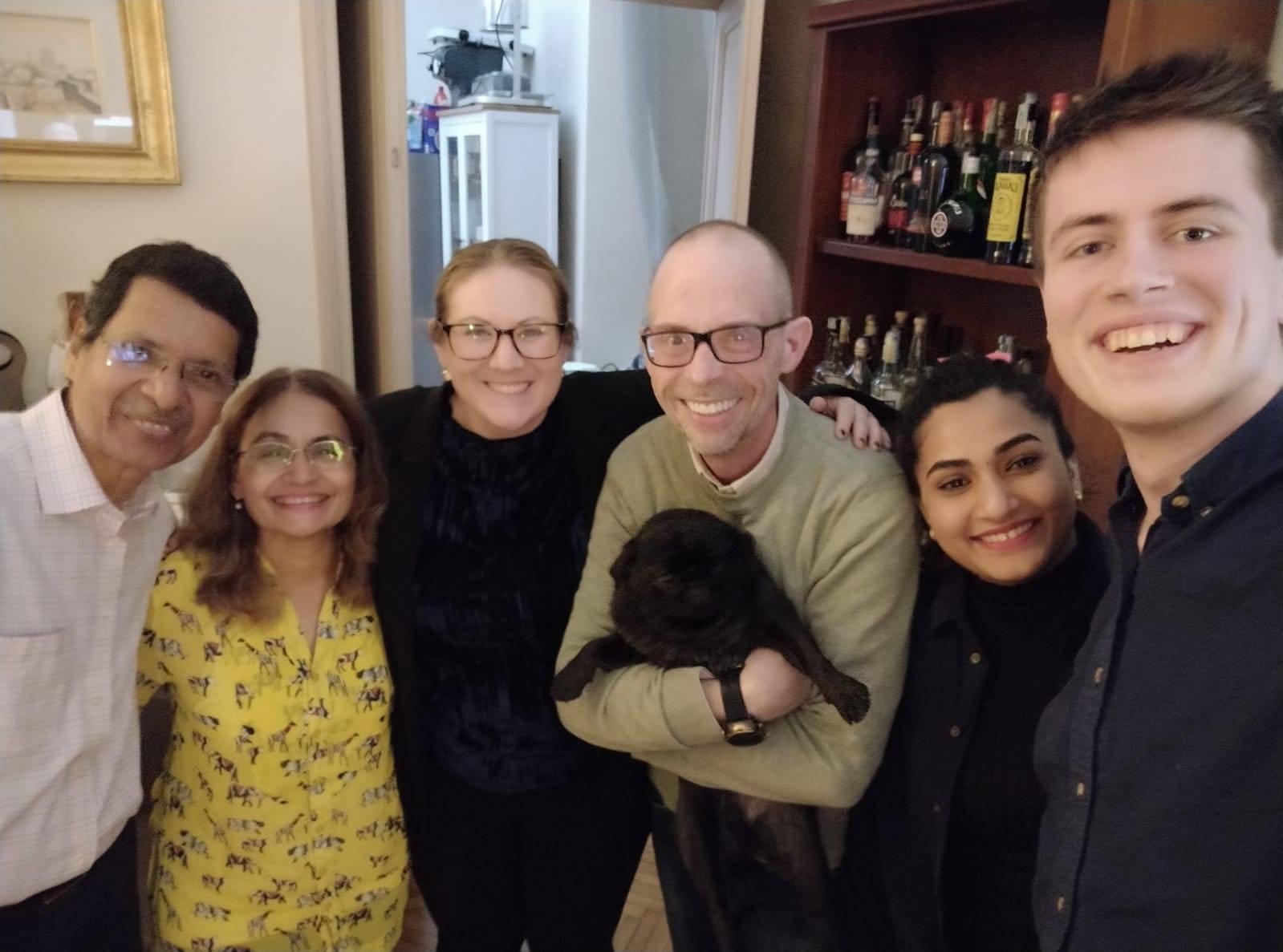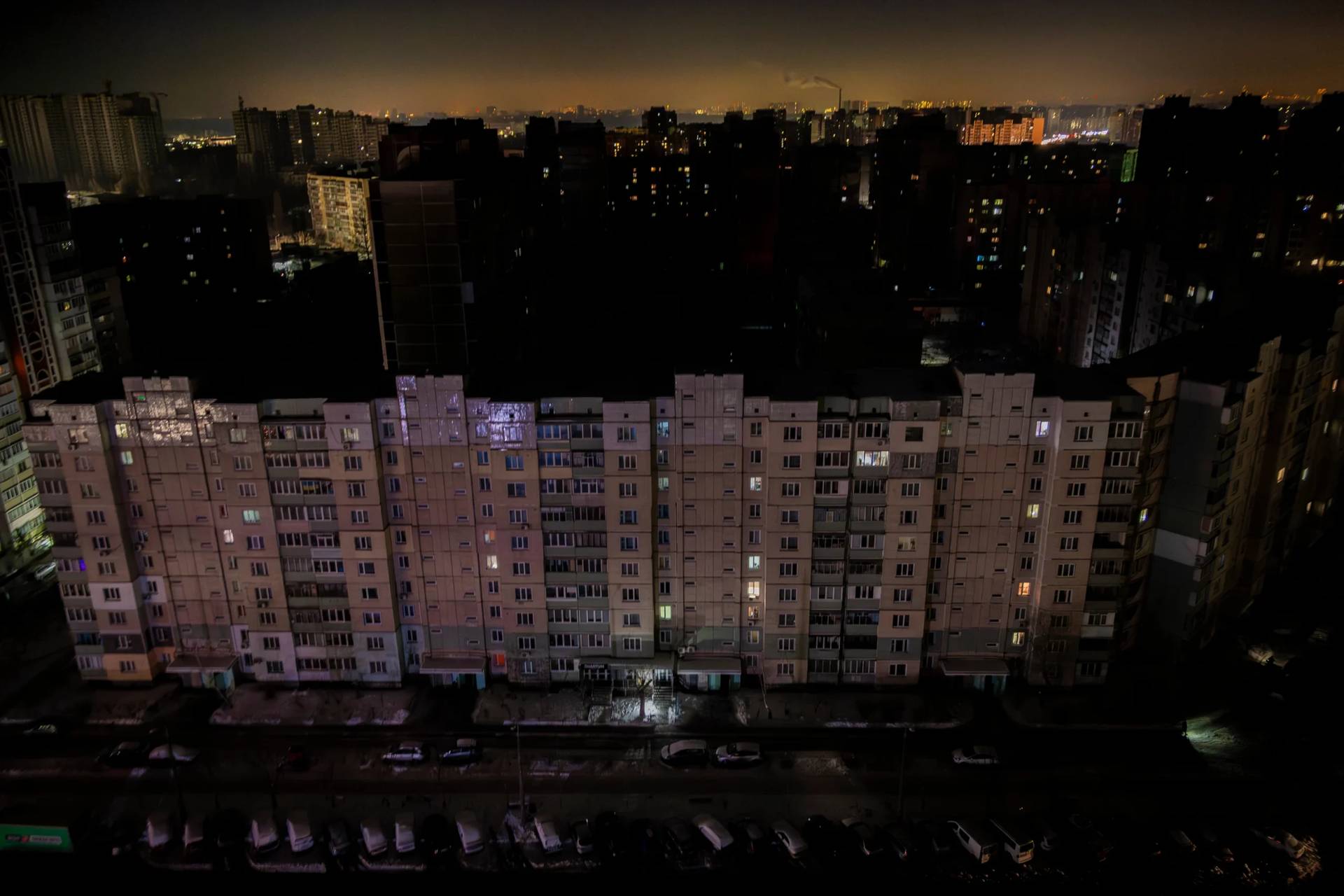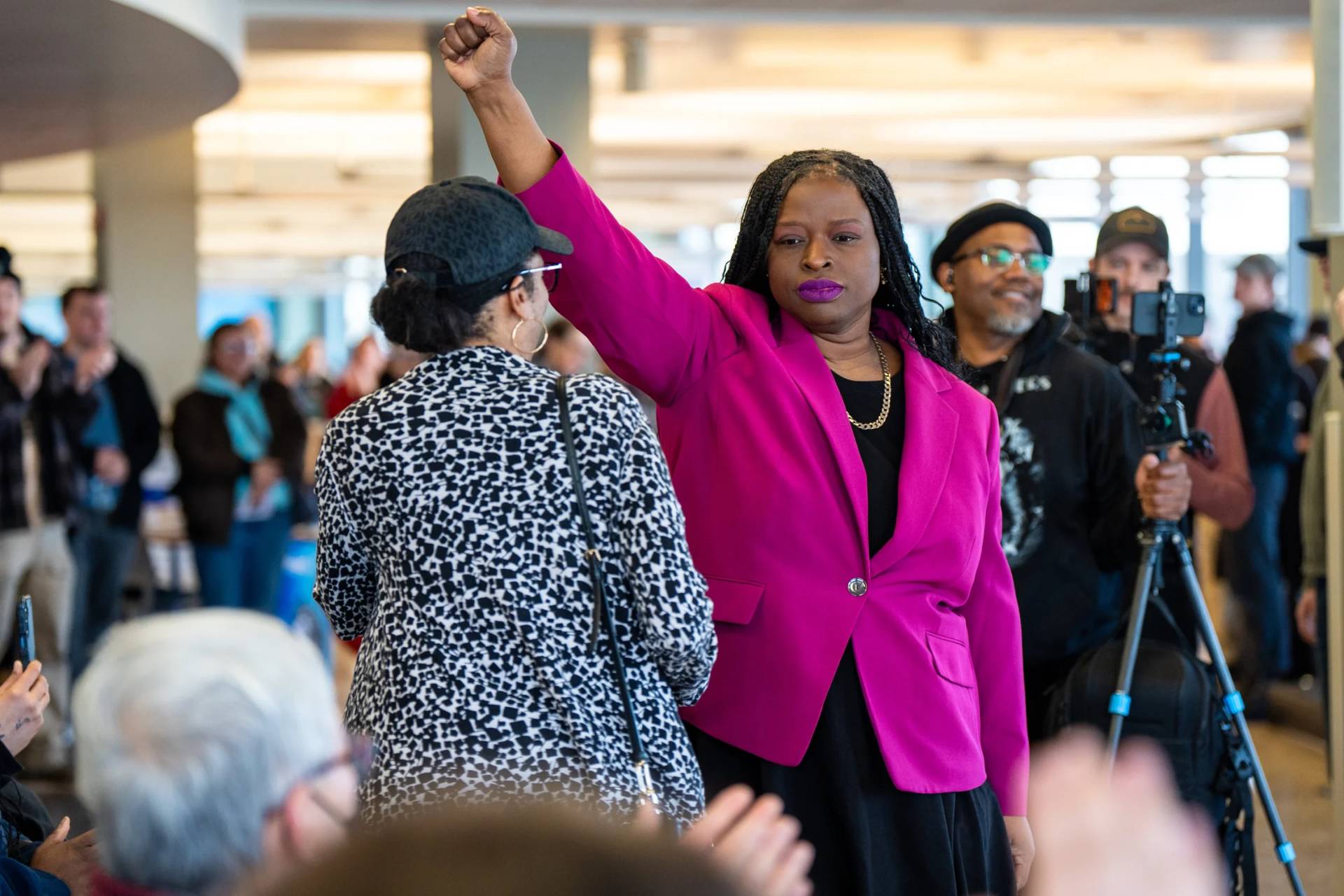EL PASO, Texas — With much national attention focused along the U.S.-Mexico border, members of the U.S. bishops’ Subcommittee on Catholic Home Missions visited three programs in the Diocese of El Paso that have been funded by the Catholic Home Mission Appeal.
Their visit coincided with a Sept. 23-27 pastoral encounter at the border with other bishops and Catholic leaders who focused on the broader issues of immigration and racism.
Home mission dioceses are those areas that must overcome the challenges of distance, money and personnel to minister to their congregation.
Kevin Day, director of Catholic Home Missions in the National Collections office at the U.S. Conference of Catholic Bishops in Washington, told Catholic News Service that between 79 and 82 dioceses throughout the U.S. and five national territories receive home missions funding.
“That represents approximately 40% of all the dioceses in the U.S. that do not have economic resources to support themselves,” he said.
This year, the subcommittee approved more than $9 million in grants that will be distributed to these nearly 80 home mission dioceses.
The subcommittee members participating in the visit were Bishop W. Shawn McKnight of Jefferson City, Missouri, chairman; Bishop Liam Cary of Baker, Oregon; Bishop John Stowe of Lexington, Kentucky; Bishop James A. Tamayo of Laredo, Texas, and Bishop Elias Zaidan of the Maronite Eparchy of Our Lady of Lebanon of Los Angeles.
During their stay, they visited three parishes with predominantly Spanish-speaking congregations in west Texas in the El Paso Diocese, which is composed of 10 counties.
Their first stop was to Santa Teresa Church in Fort Hancock. There they learned more about religious education through the itinerant catechist program. Sister Sylvia Chacon, a member of the Adorers of the Blood of Christ, informed them that the rural, river-community church that sits about a half-mile off Interstate 10, survives on about $250 per week from the offertory collection, and that parishioners there sometimes leave town because of gang threats or violence.
Their second stop was to St. Mark Church on the city’s far east side. There they learned about the successes of their convalidation program. Convalidation is a wedding ceremony for civilly married couples to come into full communion with the Church.
Deacon Francisco Segura, associate director of Marriage and Family Life, told the subcommittee that in 2015, there were 57 couples that received the wedding sacrament, and that every year since, there are about 20 more couples.
Their last stop was to St. Francis of Assisi Church in a corner of the diocese not far from the border Texas shares with New Mexico and Mexico. There they learned about the parish’s Christian formation through the Tepeyac Institute.
Deacon Jesus A. Cardenas, director of the Permanent Diaconate Office of the Diocese of El Paso, informed the subcommittee that for more than 30 years, the institute has been training laypeople to for ministry.
“Parishioners are not there to help the priests, but they are there to do their ministry that we receive in our baptisms,” he said.
One way the Hispanic Church is renewing the U.S. Catholic Church as a whole is that faith is connected to everyday life and it’s a priority, Stowe told CNS after visiting the three parishes.
“And when given the opportunity to learn more about that faith and find ways to grow in that faith the community responds beautifully,” he concluded.
Crux is dedicated to smart, wired and independent reporting on the Vatican and worldwide Catholic Church. That kind of reporting doesn’t come cheap, and we need your support. You can help Crux by giving a small amount monthly, or with a onetime gift. Please remember, Crux is a for-profit organization, so contributions are not tax-deductible.











